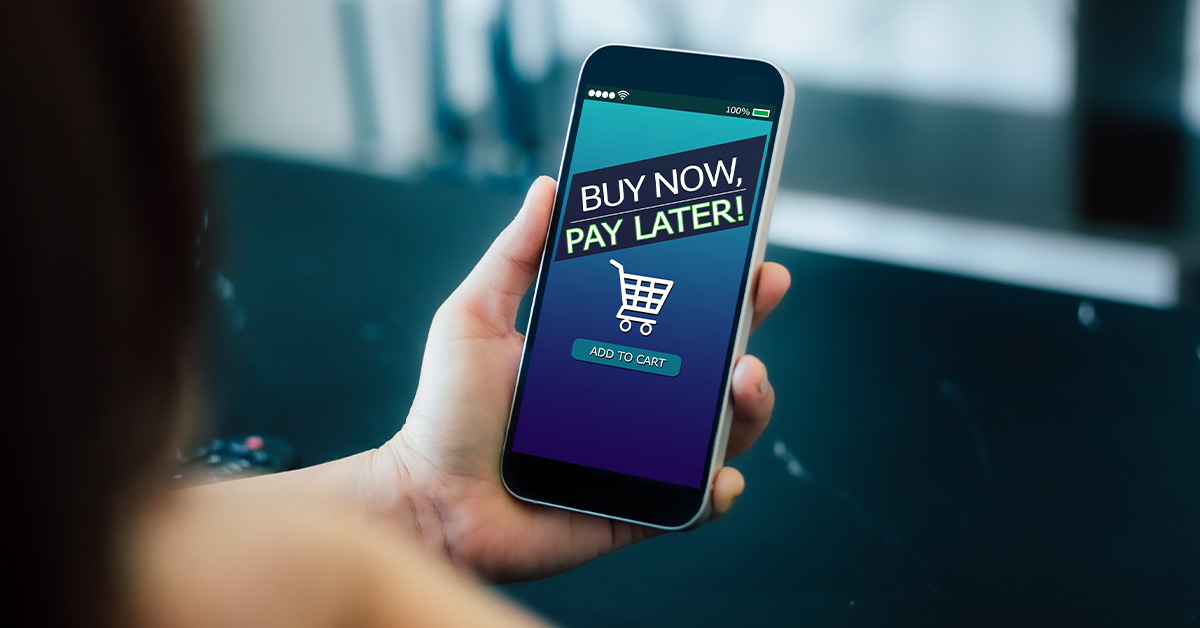
Budgeting in a Crisis
Staying on top of our budgets can be challenging in normal times. Keeping up with your budget in times like these is even more difficult. Many of us are experiencing increased stress, dealing with new routines and schedules, and just learning how to cope. All that said, you need as little stress as possible when it comes to your money. Below are some budgeting tips to help you during these uncertain times.
Budgeting Tip #1 - Money is Emotional
Our first budgeting tip is to understand that many of us like to think that we are objective and emotionless when it comes to dealing with our money. The fact is that it’s actually the opposite. We impulse buy when we see something we want; we go out to eat when we don’t feel like cooking. Our emotions about and around money can make a big difference on sticking to it or getting off track. To keep yourself grounded, be more mindful about your emotions when making financial decisions: take several days, or weeks, to make a big financial decision; don’t go grocery shopping when you are hungry; and have someone to hold you accountable for your budget. Understand your triggers and how to prevent letting them take control of the situation.
Budgeting Tip #2 - A Budget Is a Plan
That’s right! A budget is just a plan. It’s a plan on how you are going to allocate or spend every dollar that comes into your hand. If you’re not a great planner, then you may need to “practice” budgeting a little bit more with smaller, easily-attainable goals. So, for the next budgeting tip, focus on improving one spending category or goal rather than all of your financial goals at once. There are also many tools out there to help build a budget. Use our free budgeting worksheet to learn the steps to building a budget.
Budgeting Tip #3 - Evaluate Your Situation and Prioritize
There is a lot of disruption in all of our lives right now. Many of us are working from home, or we have been forced to become teachers and daycare workers in our own homes. We need to keep our budgets from being disrupted like everything else. Many of us are spending a lot more on food and other supplies. These new expenses may be offset a little if we are not driving to the office or school every day. On the other hand, some of us may not be bringing home the same paycheck we have come to rely on. The main thing for this budgeting tip is to look at our situation as objectively as we can, money coming in versus money going out. We may have to make some difficult decisions and prioritize some expenses over others. You have to look back at your goals and see what should be prioritized to prevent your most important goals from being disrupted.
One thing we should keep in mind is that this disruption will end. We will all return to our offices, schools, and our “normal lives” once this virus is dealt with. Right now the issue is the uncertainty of it all. How long will it last? No one can say for sure, and that’s why it is important to stretch our dollars and take advantage of every program, creative income sources, and assistance we can get to make things last. Look for smart money tips to help you through these uncertain times. Creating an emergency savings can also help you stay prepared for crisis situations like this one. Tell us how you are handling your budget during these uncomfortable times, or ask us your financial questions.
Contact a Financial Wellness Officer









